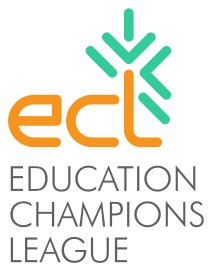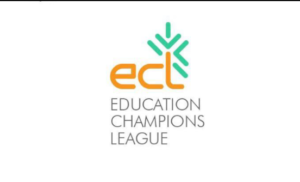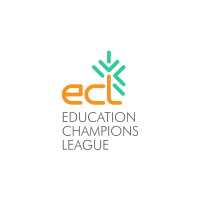Africa stands as a continent rich in diversity, potential, and confronting numerous challenges. With a population exceeding 1.3 billion, encompassing over 2,000 languages and myriad cultures, Africa’s journey towards economic prosperity demands a fundamental restructuring of its education system to align with its developmental imperatives.
Education serves as the linchpin for societal and economic advancement, endowing individuals and communities with the knowledge, skills, and values requisite for meaningful participation and contribution. Furthermore, education cultivates innovation, creativity, and entrepreneurial spirit essential for navigating the multifaceted challenges of the 21st century.
Nevertheless, Africa’s current education framework, largely inherited from colonial legacies and influenced by Western paradigms, inadequately addresses the continent’s unique context, culture, and aspirations. Hindered by challenges of accessibility, quality, relevance, equity, and efficiency, the prevailing system fails to meet the diverse needs of Africa’s populace.
To catalyze a transformative shift, Africa must embrace a holistic and inclusive approach that acknowledges and celebrates the diversity and wealth of indigenous knowledge systems. Integrating global and indigenous knowledge offers a symbiotic relationship, wherein universal standards and frameworks harmonize with local insights and innovations, thus addressing Africa’s specific challenges while engaging with the global community.
Central to this paradigm shift is the recognition of the pivotal role of political leadership. Political leaders bear the onus of delineating the vision and agenda for education reform, allocating requisite resources, and formulating enabling policies. Moreover, fostering collaboration across diverse stakeholders including academia, civil society, private sector, media, research institutions, and international partners is indispensable for realizing the aspirations of Africa’s populace. A situation where for key infrastructure anywhere in Africa, we have to look outside the continent is unacceptable.
Revamping Africa’s education system is not merely a desirable pursuit but an urgent imperative. It represents an unprecedented opportunity to harness the continent’s human capital and unleash its latent development potential. By melding global and indigenous knowledge, Africa can fashion an innovative education ecosystem poised to propel its people towards a sustainable future.
Philemon Adjekuko is an economist and a member of the Education Champions League.





